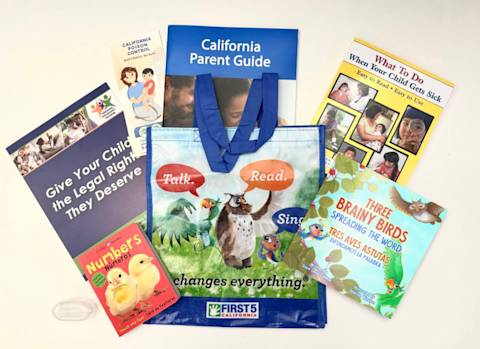Vision impairment and blindness can occur in children. While vision disabilities can impair a baby’s development, there are other ways to support a child with these needs.

Vision loss is considered a vision impairment when a child’s vision cannot be corrected through glasses. A child is considered to be blind when she does not have functional vision and requires supports to safely access the world around her. Vision impairments and blindness are caused by a variety of things, including birth defects, genetic factors, and environmental factors.
Pediatric optometrists and ophthalmologists are doctors who are specifically trained to work with children and their vision needs. Ask your pediatrician for more information about a pediatric optometrist or ophthalmologist who can help treat and support your child.
Children who are visually impaired or blind can have typical development in all areas. Services and supports specific to vision impairments and blindness center around safety and equal access to the community and learning. Those support services include Orientation and Mobility services and Specialized Vision Support services. An Orientation and Mobility Specialist teaches a child about safely walking and having access to his community, including his school and sidewalks. A Vision Specialist is specifically trained in supporting children with vision impairments or blindness. The specialist helps the child learn and receive the accommodations necessary to participate in daily life activities, including school. Vision Specialists teach children how to read Braille and/or other modified visual supports.
Talk. Read. Sing.®
Children who are visually impaired or blind have typical development in all other areas – language, motor, social-emotional and brain development. It is important for parents to talk, read, and sing to their children who are visually impaired or blind, as these activities can open up their child to the world around them through language.
Parent Tip: As a parent, you know your child better than anyone else. If you notice anything about your child's behavior or development that doesn't seem right, talk with your child’s pediatrician about your concerns.
Click here to find out more about vision loss.






